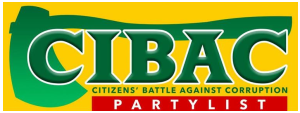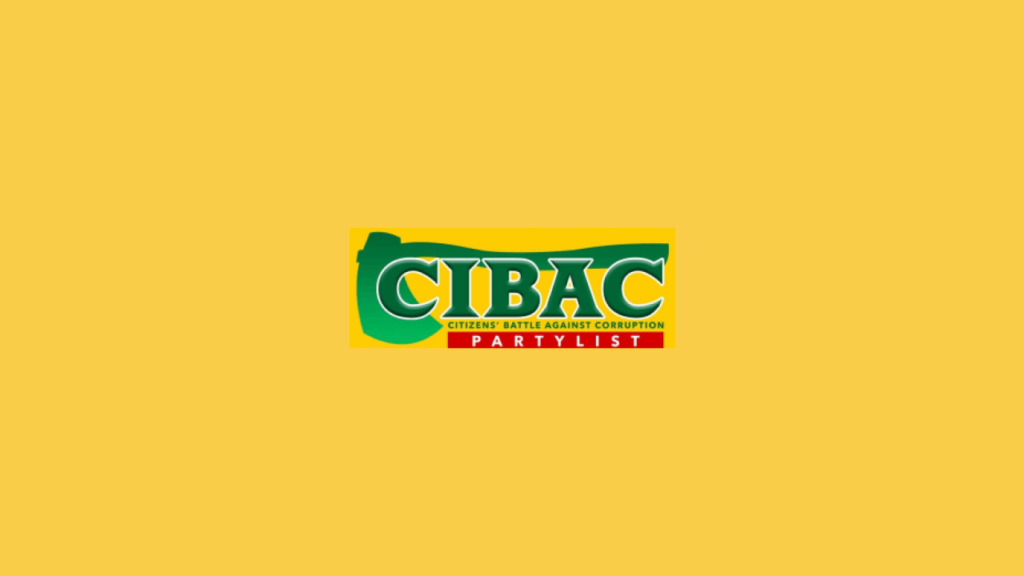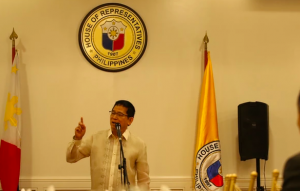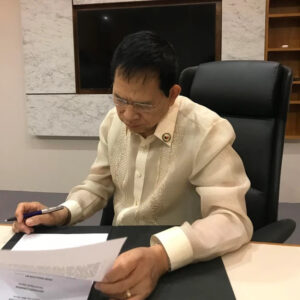Two House Deputy Speakers joined the calls for the termination of Executive Order 128 which set for a lowered tariff rates for pork imports from 40% down to 5% – saying that such is a sloppy policy solution aimed at directly “killing” the local hog industry.
Deputy Speaker Bro. Eddie Villanueva (CIBAC Party-List) and Deputy Speaker BienvenidoAbante Jr. (Manila 6th District) filed House Joint Resolution No. 38 which seeks to revoke Executive Order No. 128 that temporarily modifies the rate of import duty on fresh, chilled or frozen meat of swine, and calls for the adoption, implementation and pursuit of a more pro-Filipino hog raisers policy in view of the African Swine Fever (ASF) outbreak in the industry.
“The lowering of pork imports tariff in this period of pandemic and when our local hog industry is in “critical” if not dying condition due to African swine fever is not only shocking but at the same time unbelievable! It is surely never the most apt policy to enforce, it is devoid of any serious concern for our local pork producers,” says Deputy Speaker Villanueva.
In a statement, Deputy Speaker Abante also lamented the government’s response and handling of the decreased local production of pork due to ASF.
“When there are issues in local agricultural production, the Department of Agriculture’s default response is importation. I believe they need to rethink and reconsider this approach. The solution is support, not import––more support the local hog industry so they can recover faster from their losses as a result of ASF,” exclaims Deputy Speaker and Manila 6th District Rep. Bienvenido “Benny” Abante Jr.
This month, the President issued Executive Order (EO) 128 which lowers the tariff rates on pork imports from 30% to 5% on pork imported under the minimum access volumes (MAV), and from 40% to 15% for out-of-quota imported pork. It also allows the government to significantly increase the Minimum Access Volume (MAV), or the allowed volume of pork imports, from 54,000 metric tons to 540,000 metric tons.
The government said such a move is aimed to supply the market with enough pork so that prices will not go up as the country’s hog industry is grappling with the African swine fever which hit the sector back in 2019.
However, the lawmakers are not convinced. The market price of pork is currently pegged at around P400 per kilo from P250 per kilo before the pandemic.
“The issuance of EO 128 will serve as a window for further corruption and will cost the government around P3.6 billion foregone revenues that should go to fund the ASF-infested local hog industry, as well as government response efforts against the on-going COVID-19 pandemic,” says Deputy Speaker Villanueva.
“The government must immediately revoke EO 128 and, in its place, adopt, implement and pursue a more sensible, data-based and reasonable policy and provide solutions that will strike balance in serving and protecting both the interests of public as well as the welfare of the local hog industry,” ends the CIBAC lawmaker.




